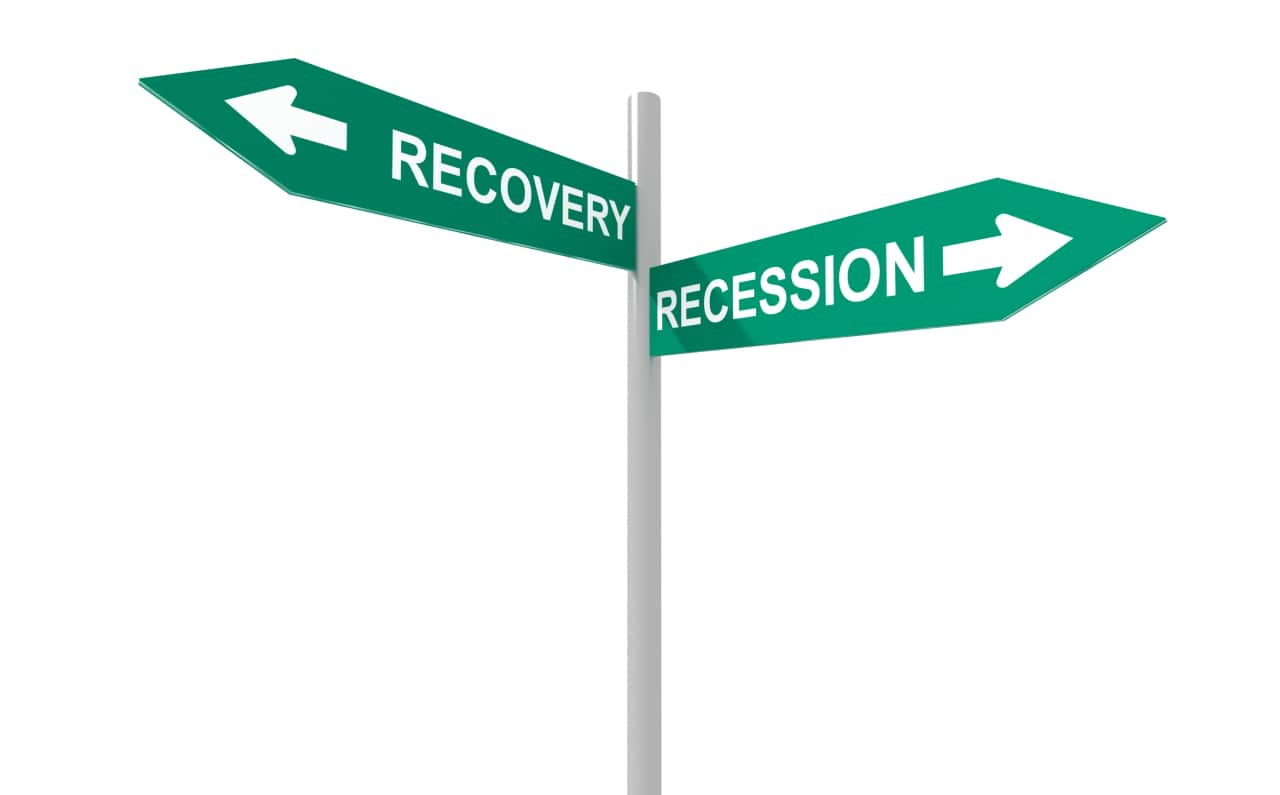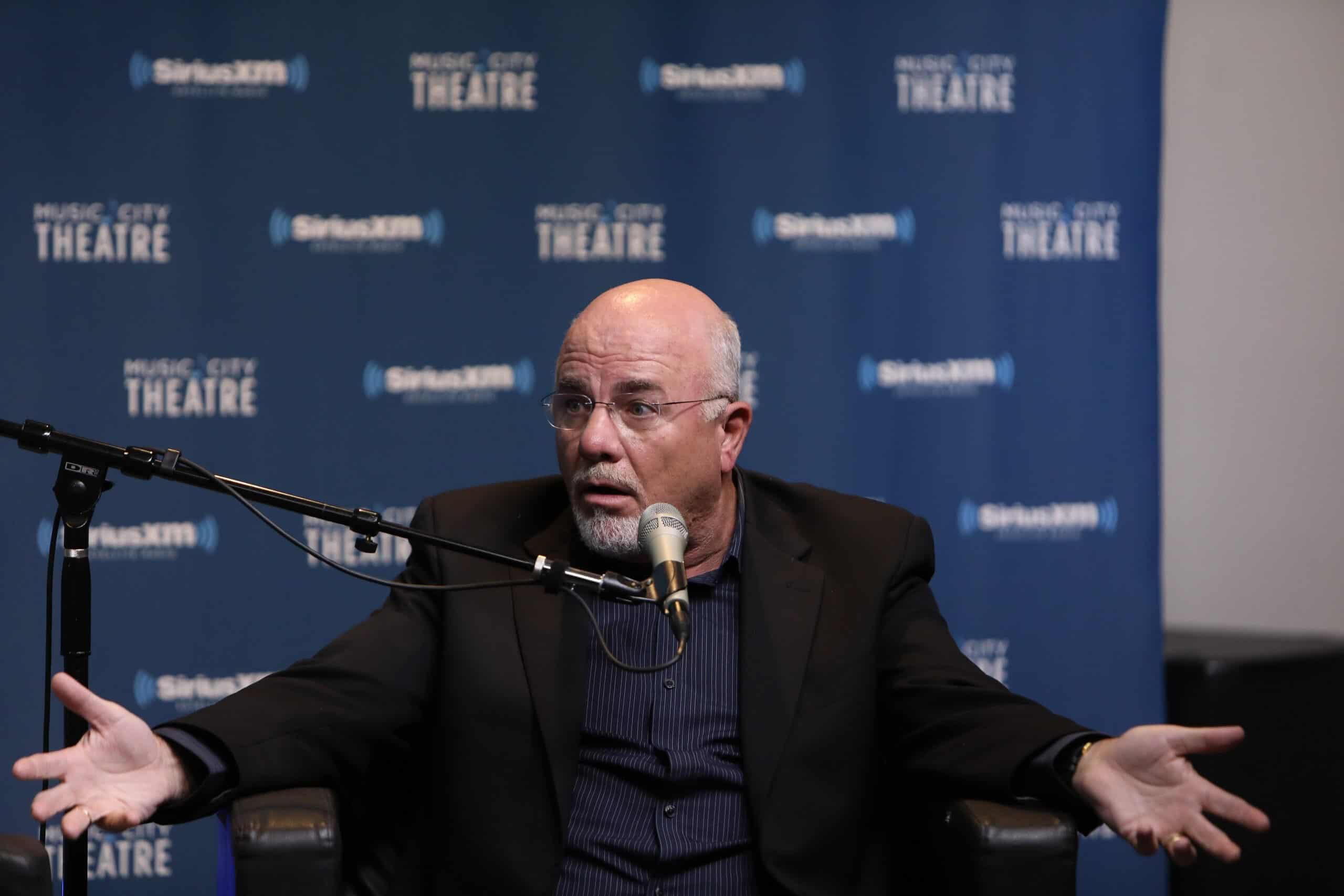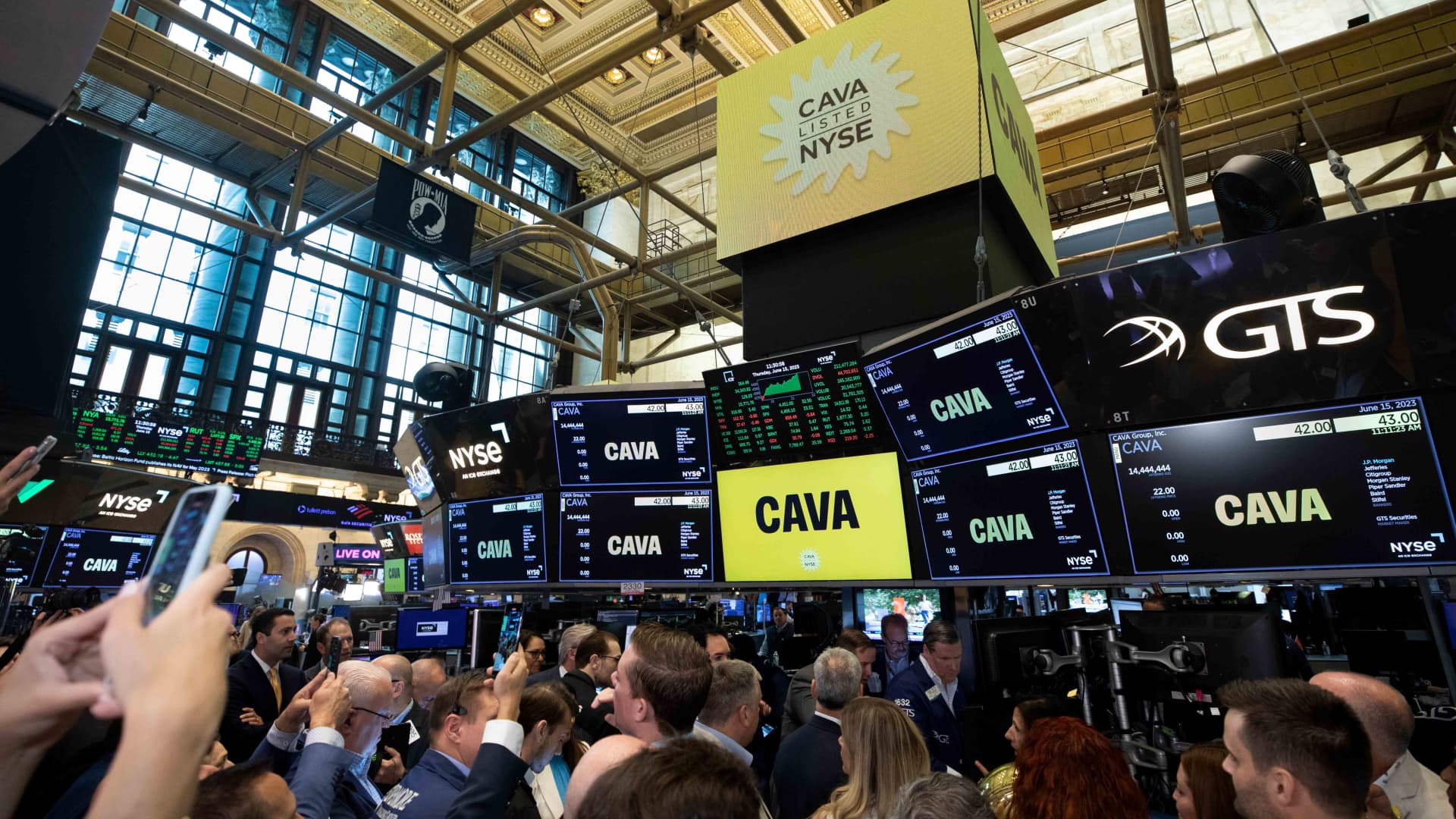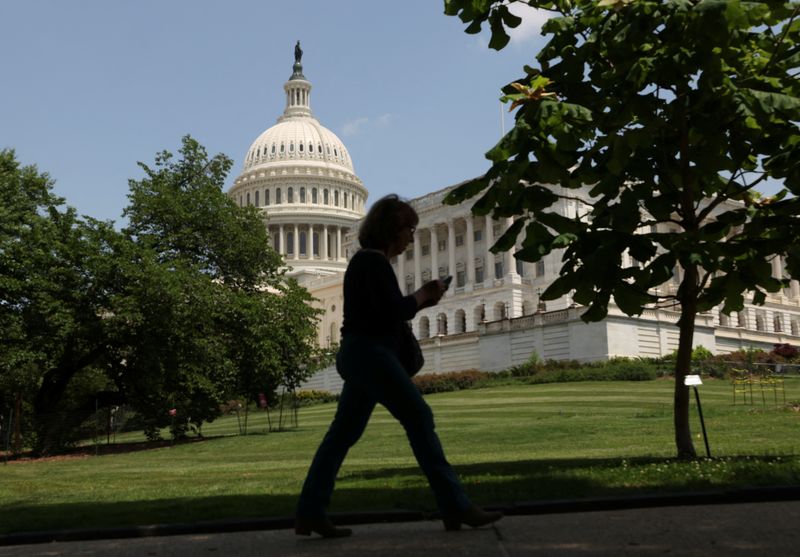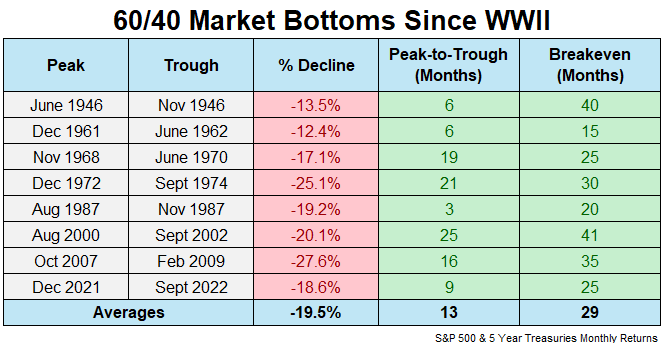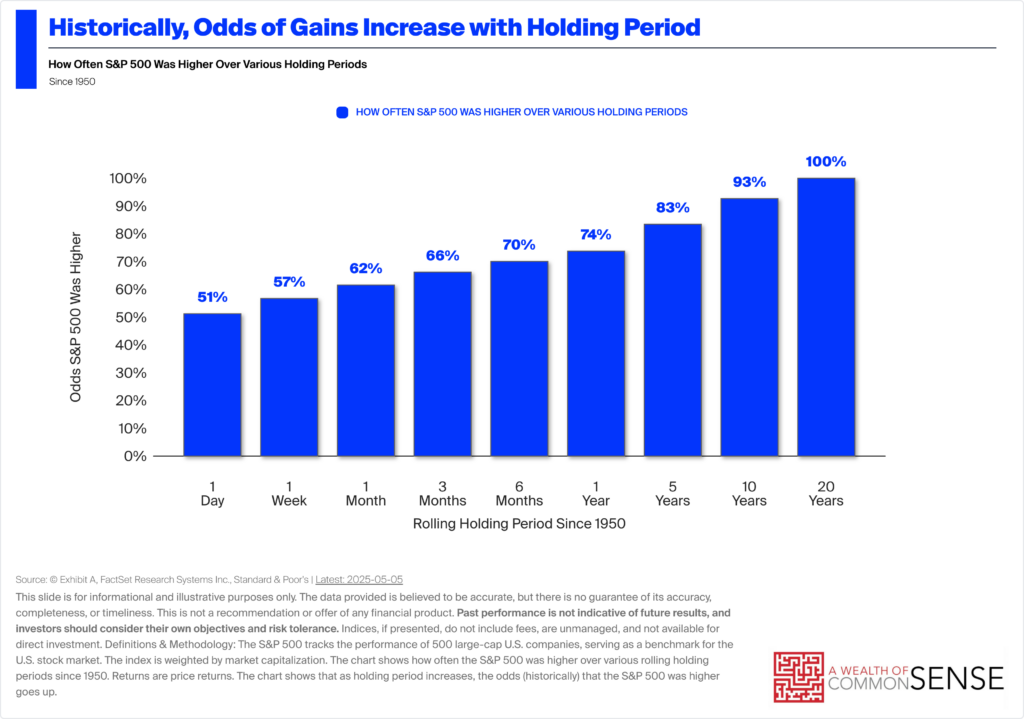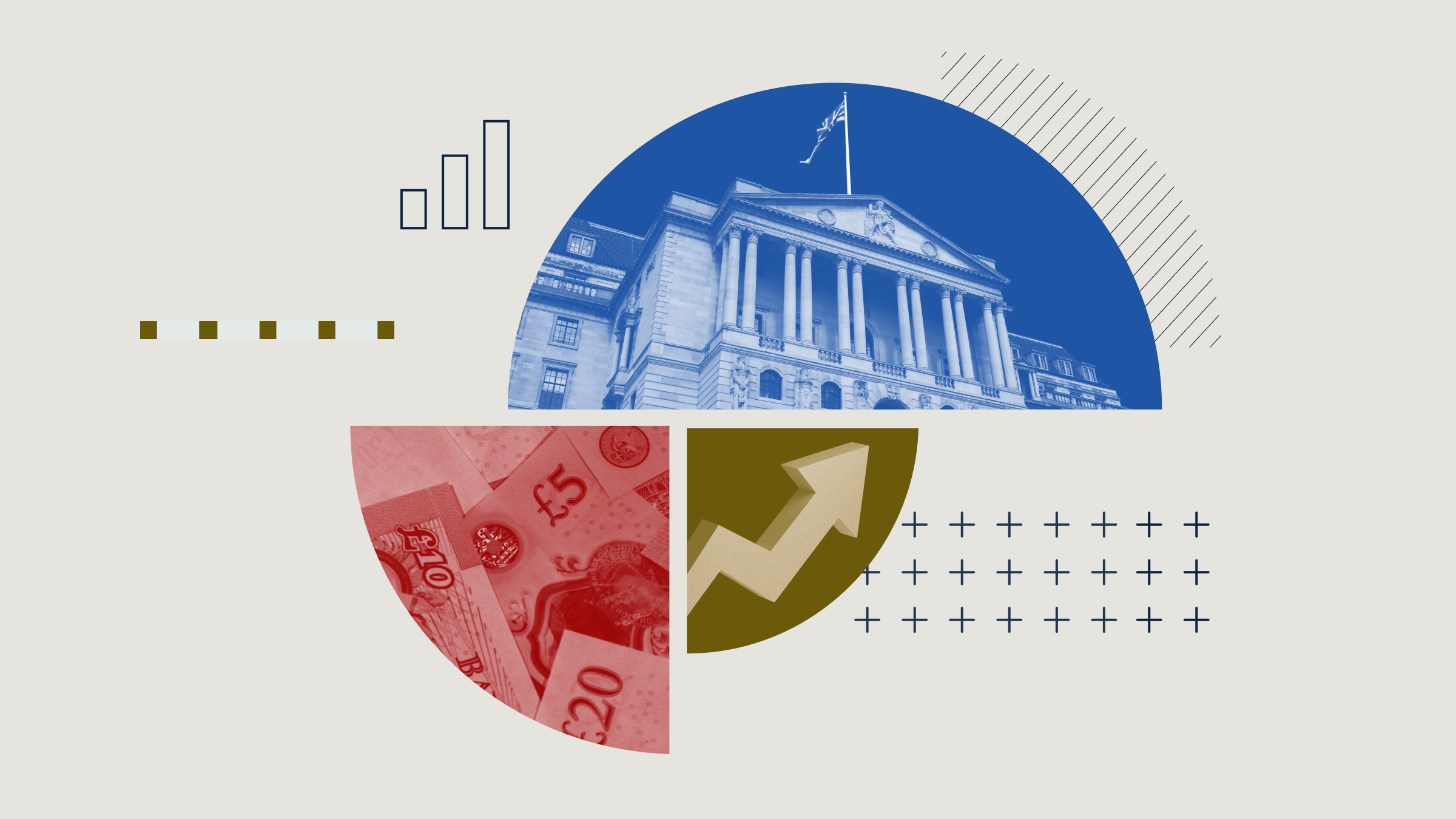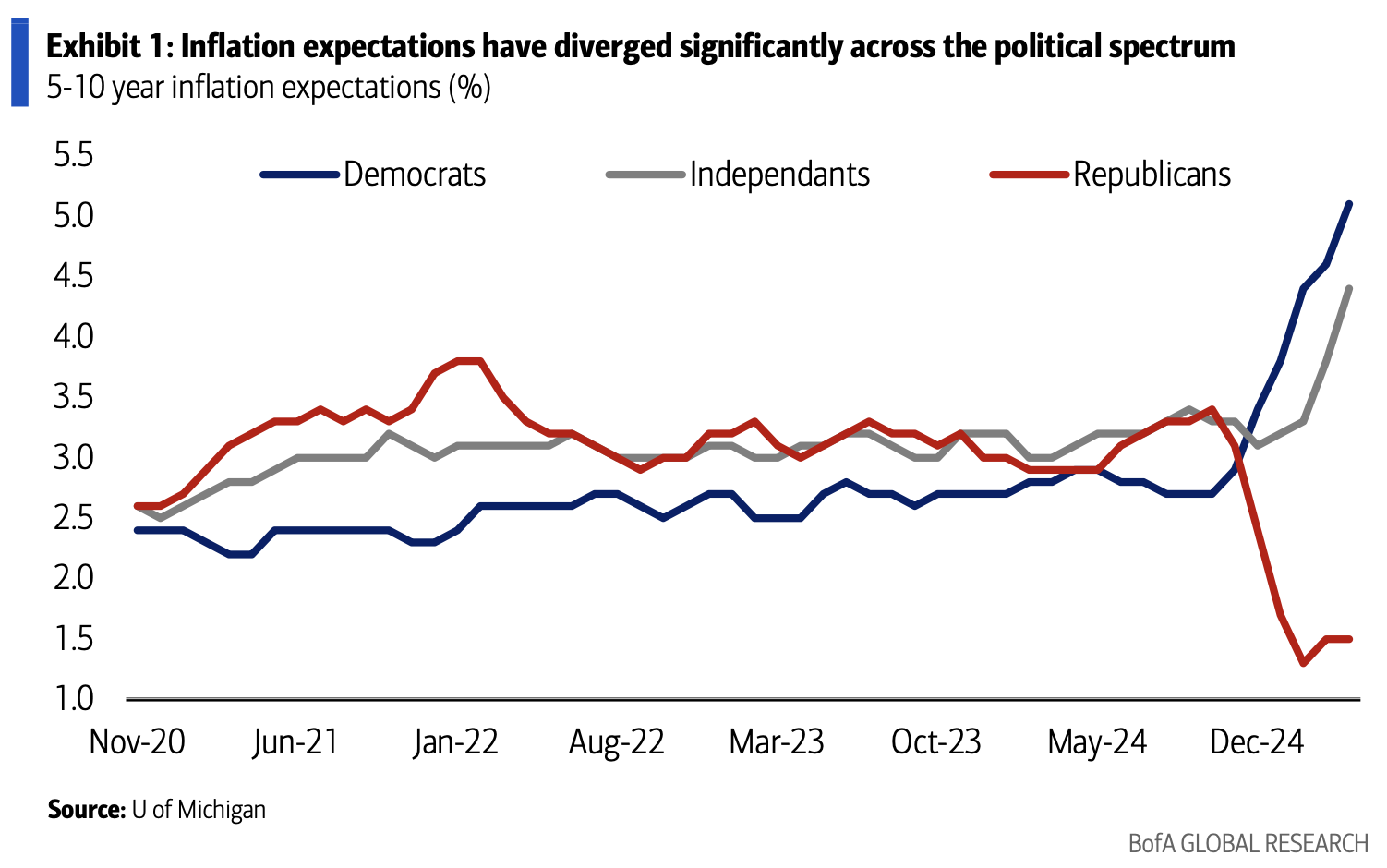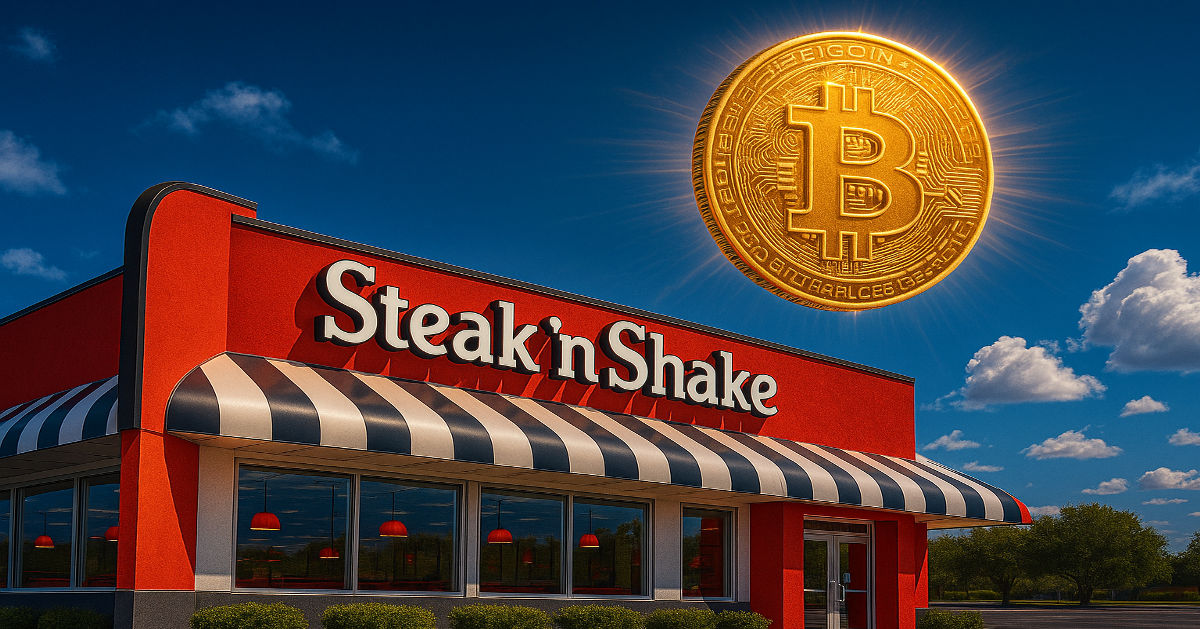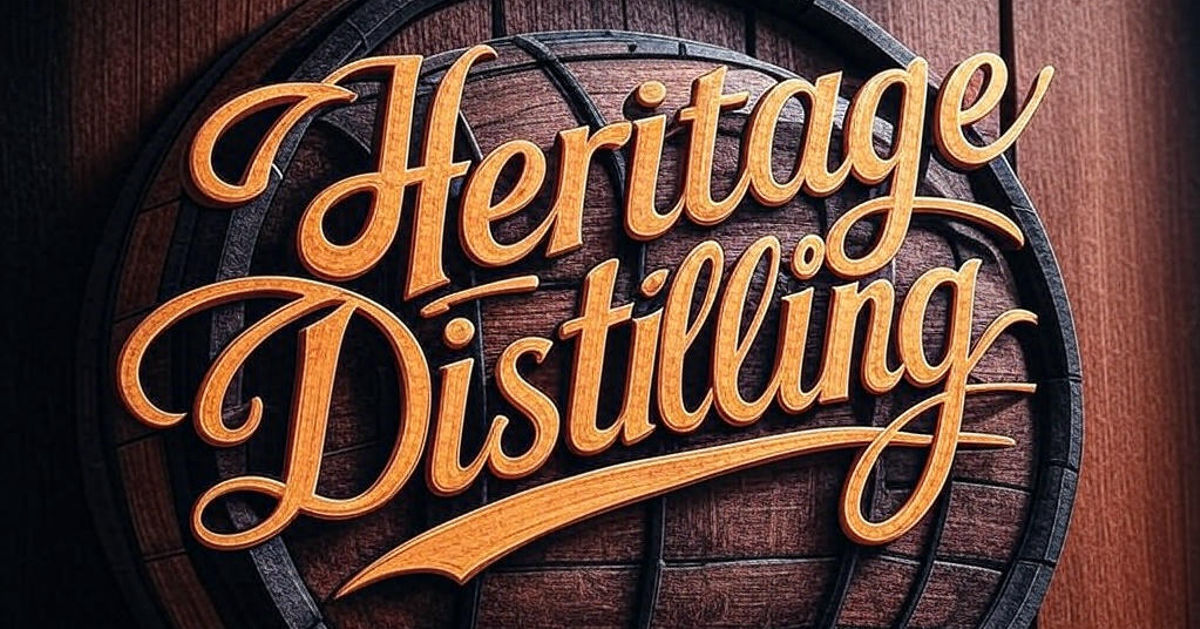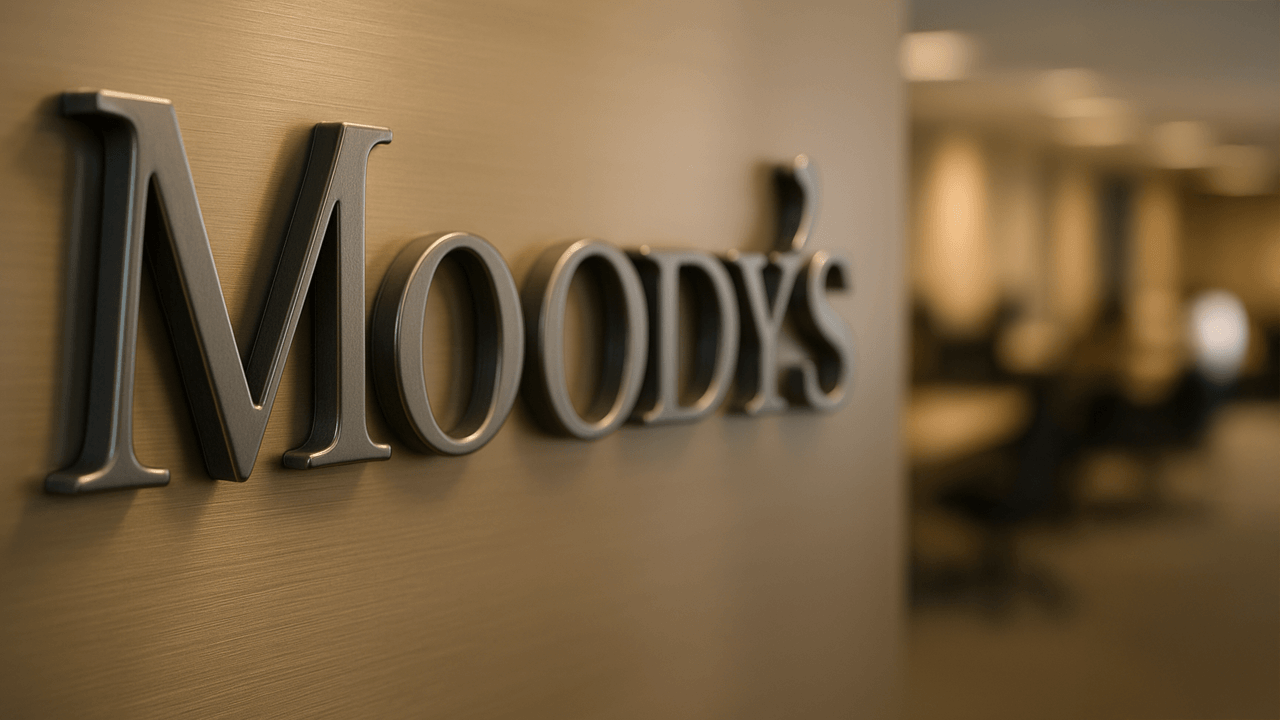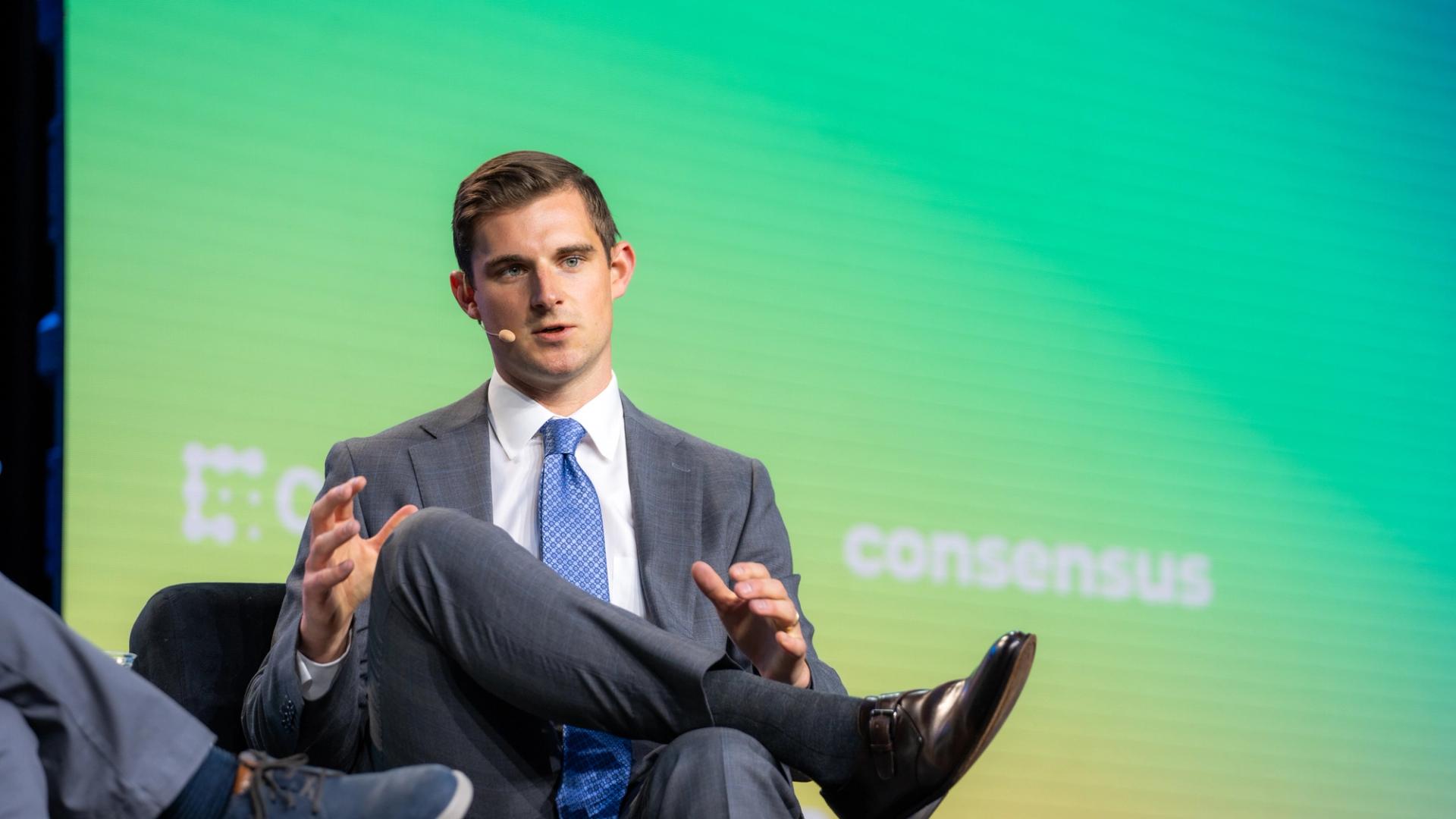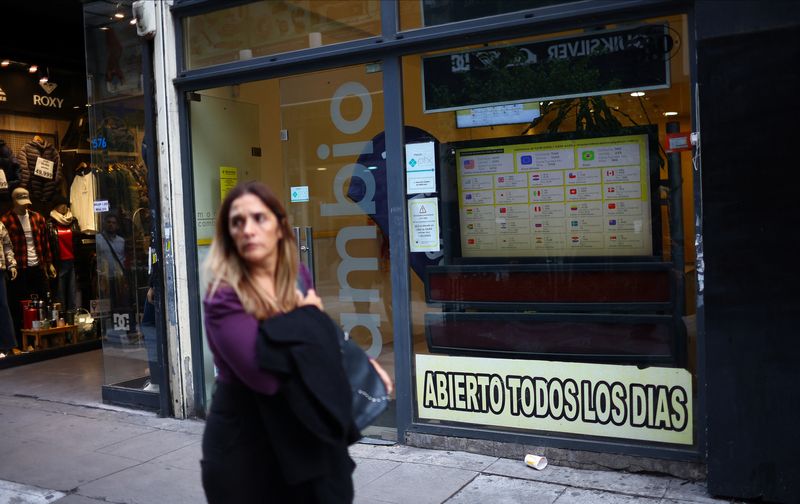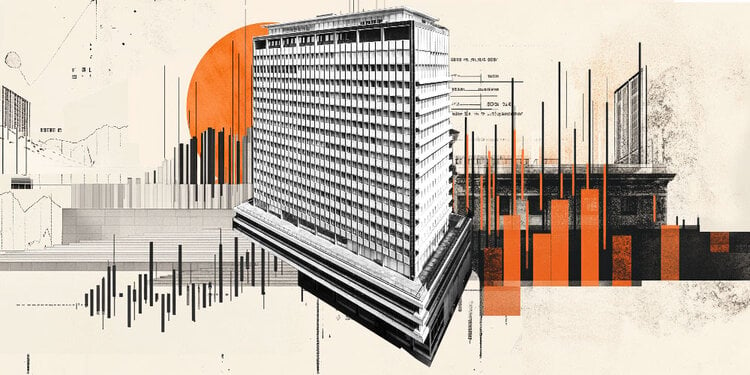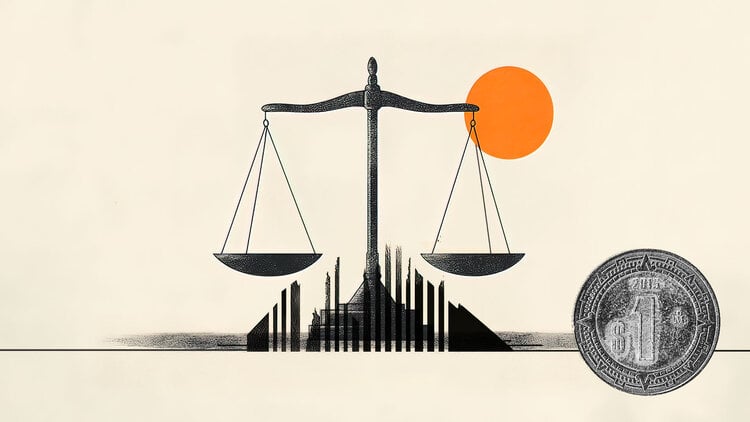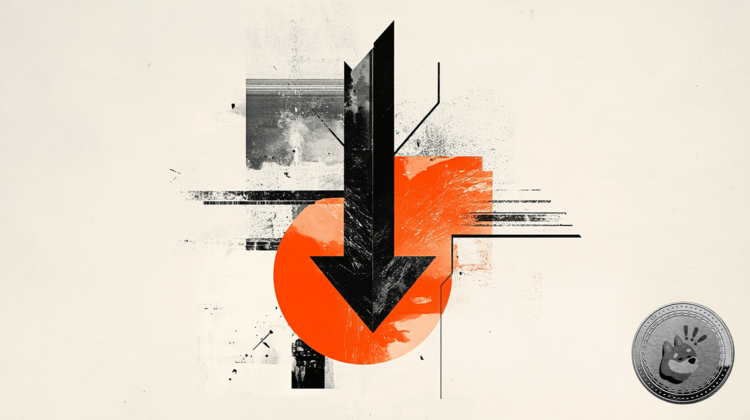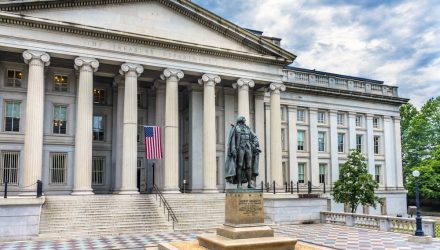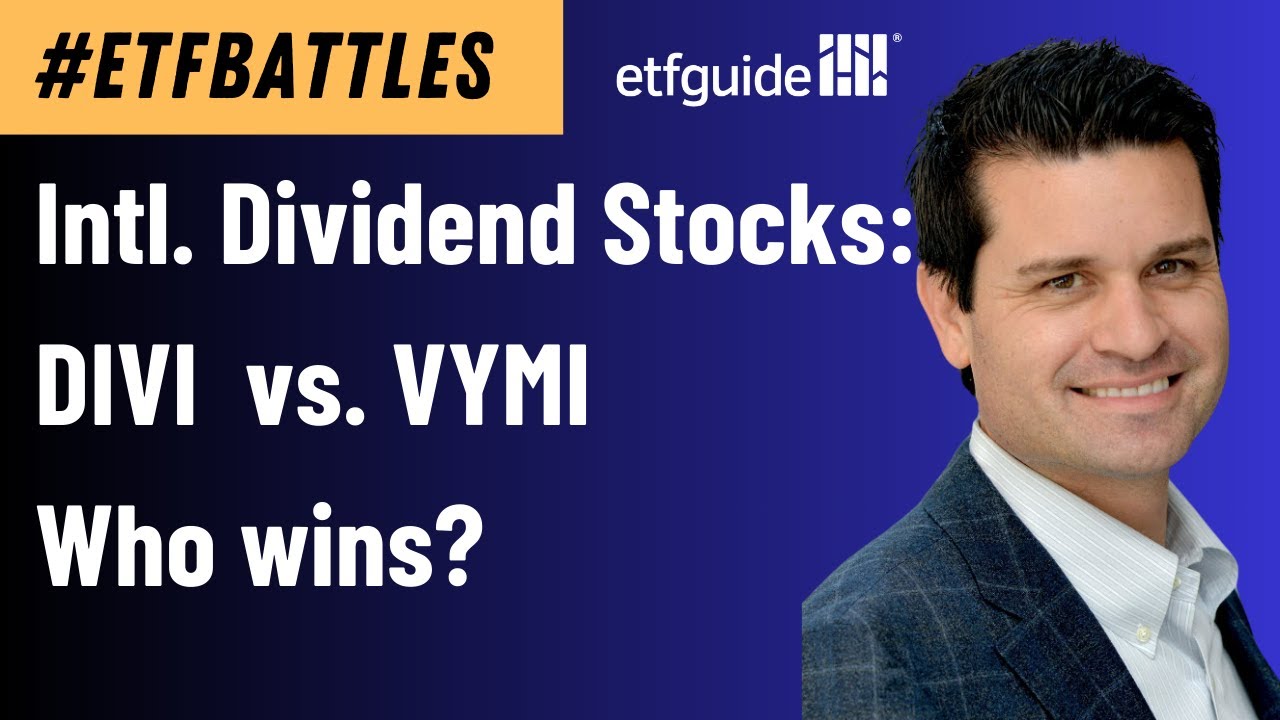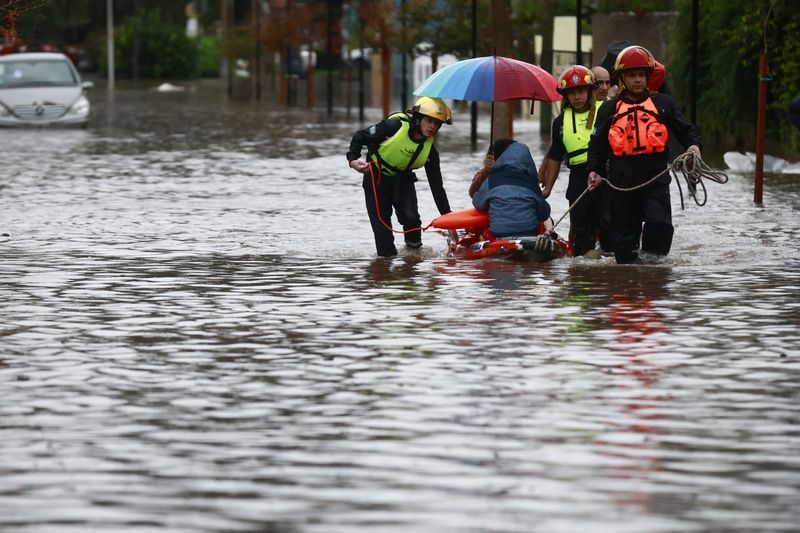We rent in a high-cost city and plan to retire – does not owning a home make our plan too risky?
One of the big decisions anyone in the FIRE world will have to make before officially quitting is where to live. There is no question that for millions of retirees, early retirement or otherwise, saying goodbye to the workforce is an opportunity to downsize and relocate. A Redditor posting on r/ChubbyFIRE is thinking long-term about […] The post We rent in a high-cost city and plan to retire – does not owning a home make our plan too risky? appeared first on 24/7 Wall St..
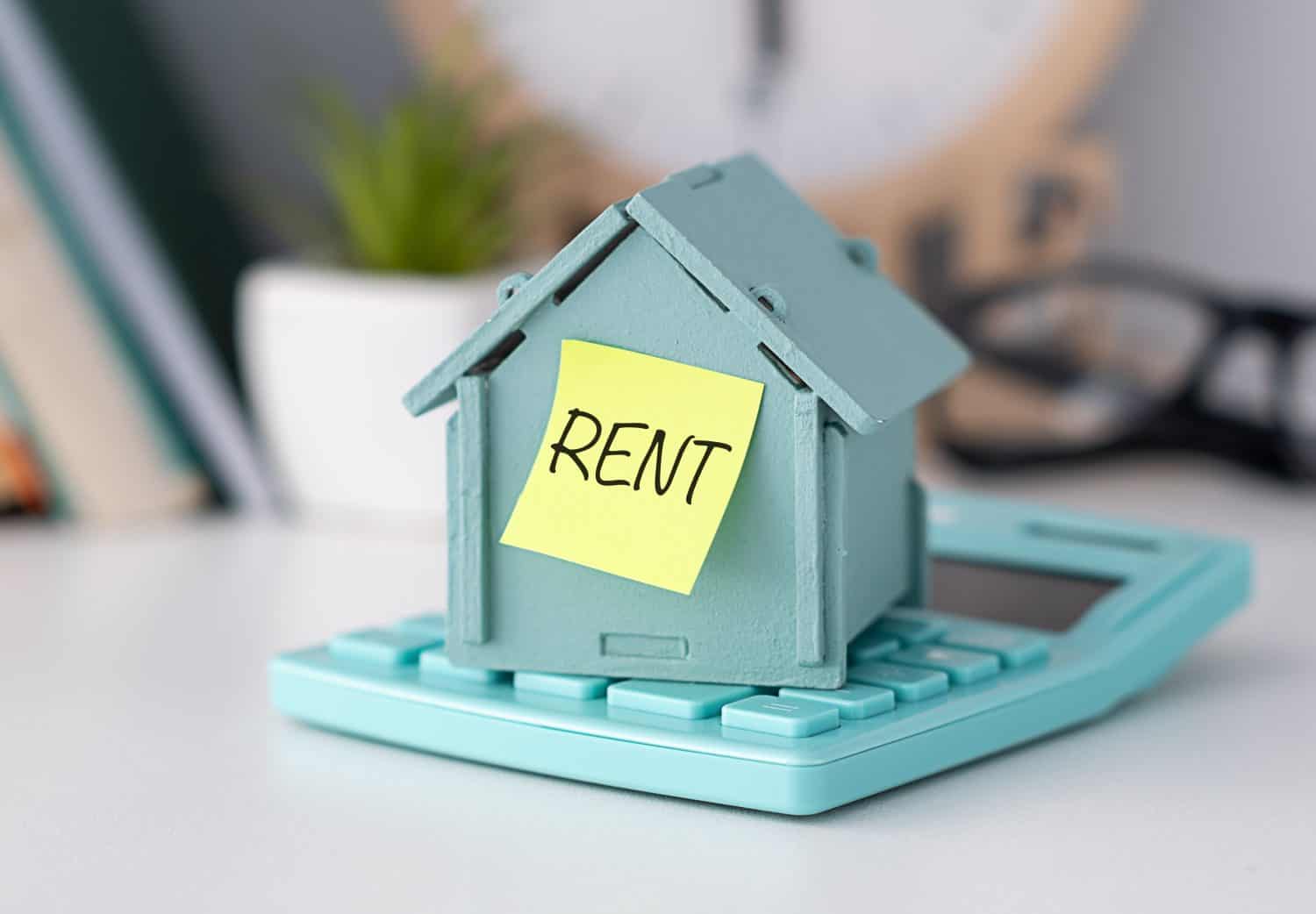
One of the big decisions anyone in the FIRE world will have to make before officially quitting is where to live. There is no question that for millions of retirees, early retirement or otherwise, saying goodbye to the workforce is an opportunity to downsize and relocate.
This Redditor is concerned about purchasing a home in a very high-cost-of-living neighborhood.
They question whether renting is the smartest move, as it’s much less expensive than buying.
Are you ahead, or behind on retirement? SmartAsset’s free tool can match you with a financial advisor in minutes to help you answer that today. Each advisor has been carefully vetted, and must act in your best interests. Don’t waste another minute; get started by clicking here.(Sponsor)
Key Points
A Redditor posting on r/ChubbyFIRE is thinking long-term about the best move for them as far as home ownership is concerned. Interestingly enough, this Redditor is looking to challenge the early retirement norm and questions whether it’s okay to rent indefinitely.
Do You Need A Home?
The Redditor is wondering who in ChubbyFIRE has done the math to see whether renting or purchasing is the best option. Currently, the poster lives in a VHCOL area in New York City, where renting versus buying is one-sided, as the latter is far more expensive.
The challenge this poster is facing is that they are not sure that even when they are empty nesters, they might not move away. Thankfully, empty nest life isn’t going to happen for at least another 16 years, so there is some time to figure this out.
Knowing that many people in the FIRE world, especially ChubbyFIRE, only call it quits after paying off their mortgage or locking in a low interest rate, he is concerned about the right move. One possibility is to buy something after his son goes to college, but on the other hand, renting is more financially attractive. He also questions the wisdom of being renters in their 70s or 80s.
The hope is that the Redditor can get some advice on what others in this same financial category are doing and what makes the most sense.
Renting Versus Owning
It goes without saying that renting versus buying is an age-old question, and there are no doubt fans of both sides. Right away, the biggest argument against home ownership is that you are responsible for everything that goes wrong. Everything from roof leaks to air conditioners breaking down is on you.
The reality is that the negative of owning a home isn’t property taxes or insurance, but the maintenance that comes with it, especially if you are not buying new construction. Unlike renting, where a landlord assumes responsibility for most repairs, owning a home means it’s all on the Redditor and their bank account.
Of course, the biggest argument in favor of renting is that you can invest more money and see a greater return. Let’s say this Redditor owns a home for $1,000,000 and owes $300,000, which means they have $700,000 in equity.
They could either A) take the money and reinvest it into another property or B) invest in the market and see a much greater return. On average, a home only appreciates around 4% every year, whereas you can make 6-10%, on average, in the market annually. Over 30 years, this $700,000 in equity at a 6% annual interest growth rate will become just over $4 million, a far greater number than the value of a home will increase over 30 years.
As many Redditors point out in the comment section of this post, much of this argument rests on the belief that your house will increase in value. However, homes can always decrease in value over time, depending on economic conditions, the area, and other factors.
Should The Redditor Own Or Rent?
Ultimately, based on their location in New York City, rent control makes it easy to know exactly how much rent you will pay the following year. This helps with future planning, and it also means the Redditor is in a much better financial position to invest the equity they receive on their house and use this money toward retirement planning in 16 years.
As one commenter points out, the best advice for this Redditor is to determine what percentage of their fixed costs will go to housing versus renting. If the variance is substantial, then investing the equity from their home, as the original poster suggests, is a far better idea and means they’ll wind up with significantly more cash flow by the time they retire than any potential equity they might have in a home.
The post We rent in a high-cost city and plan to retire – does not owning a home make our plan too risky? appeared first on 24/7 Wall St..


















